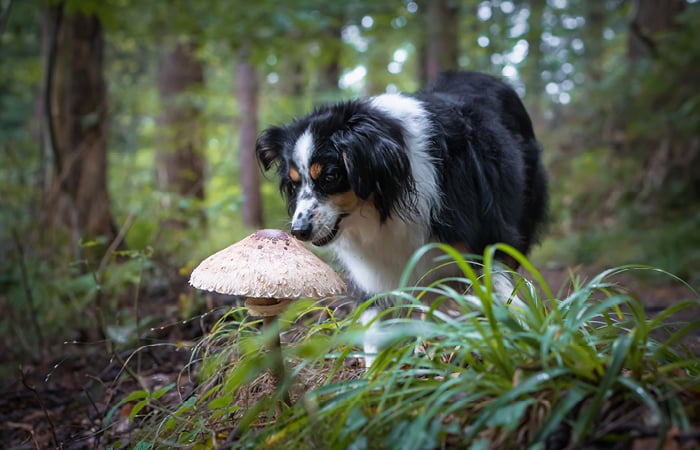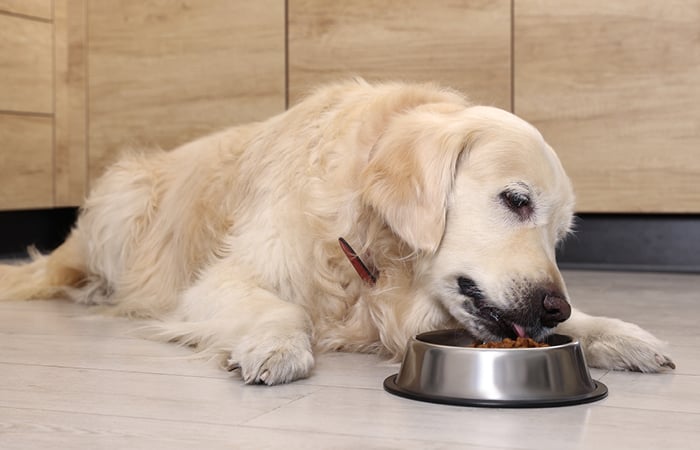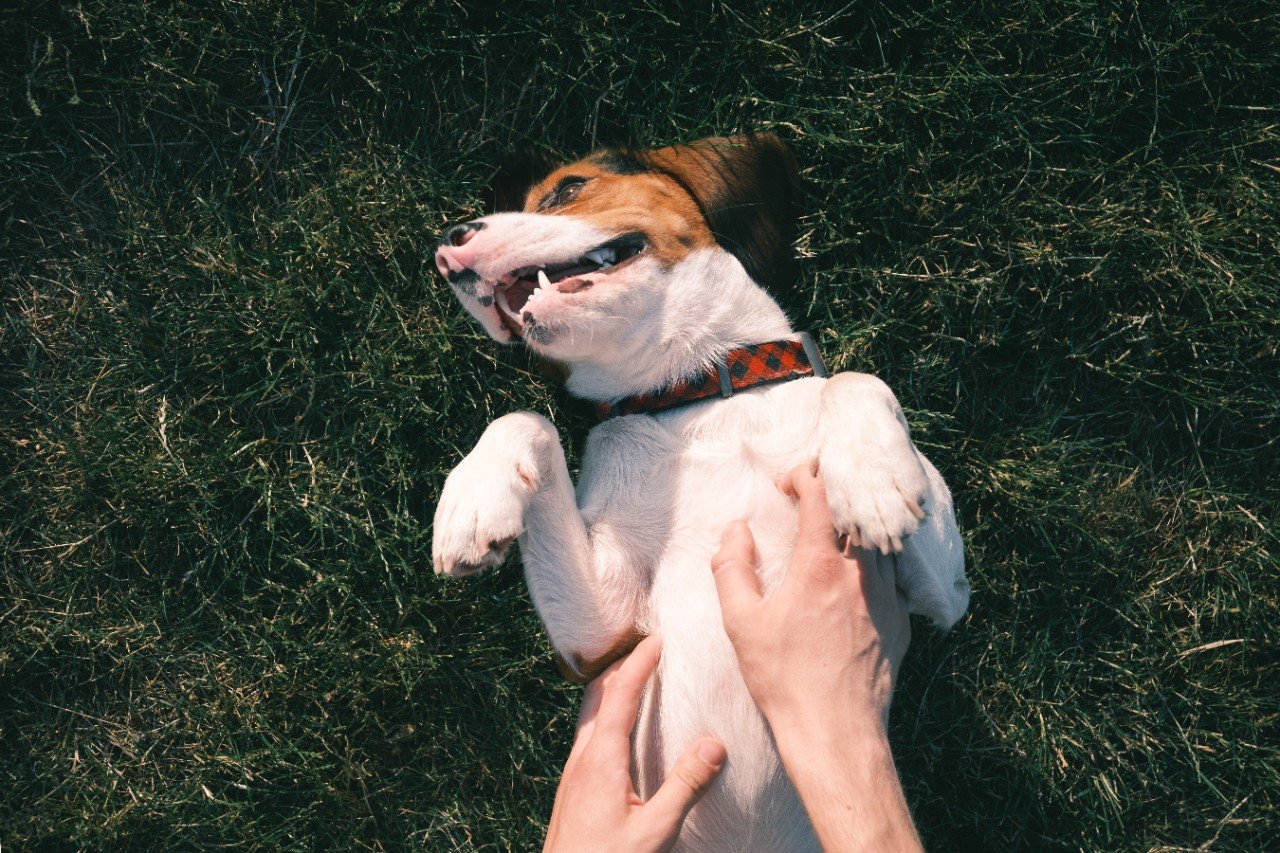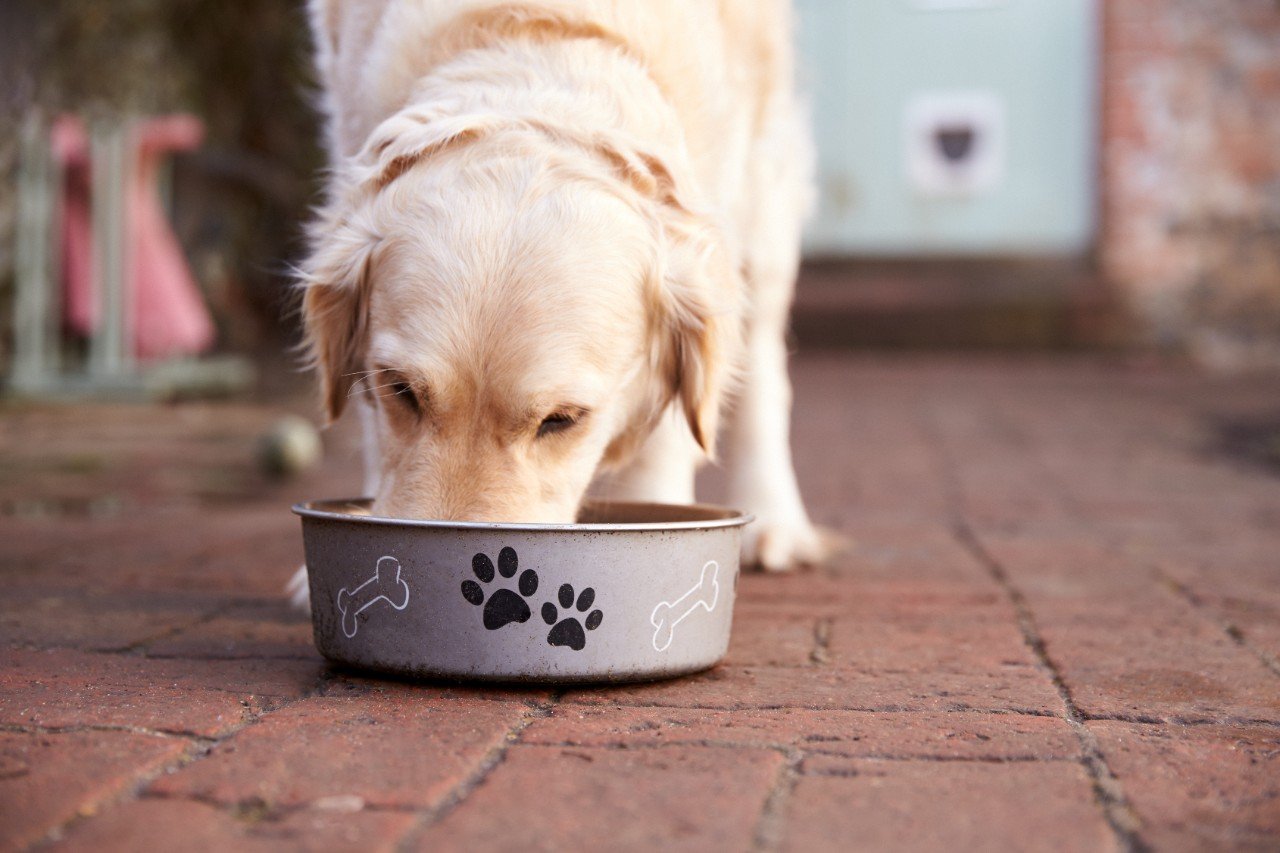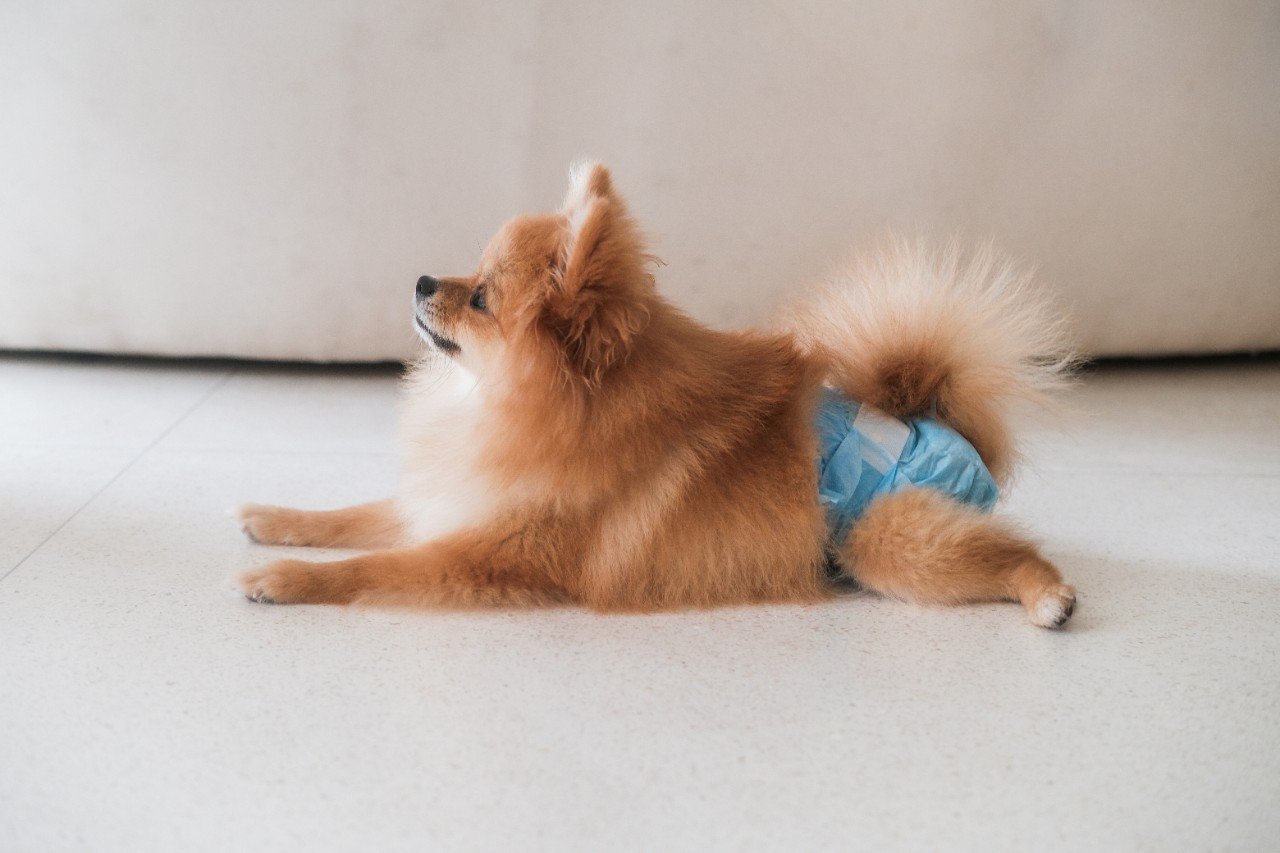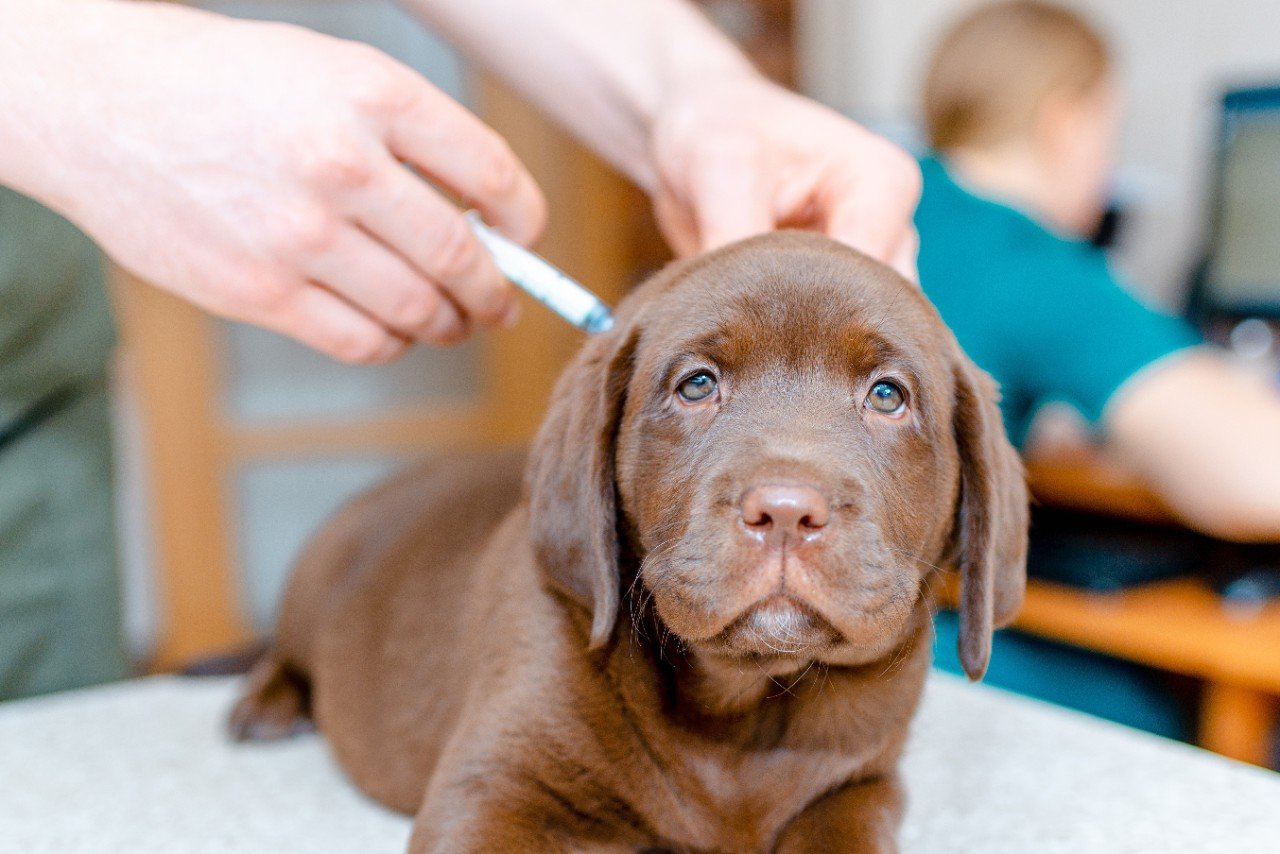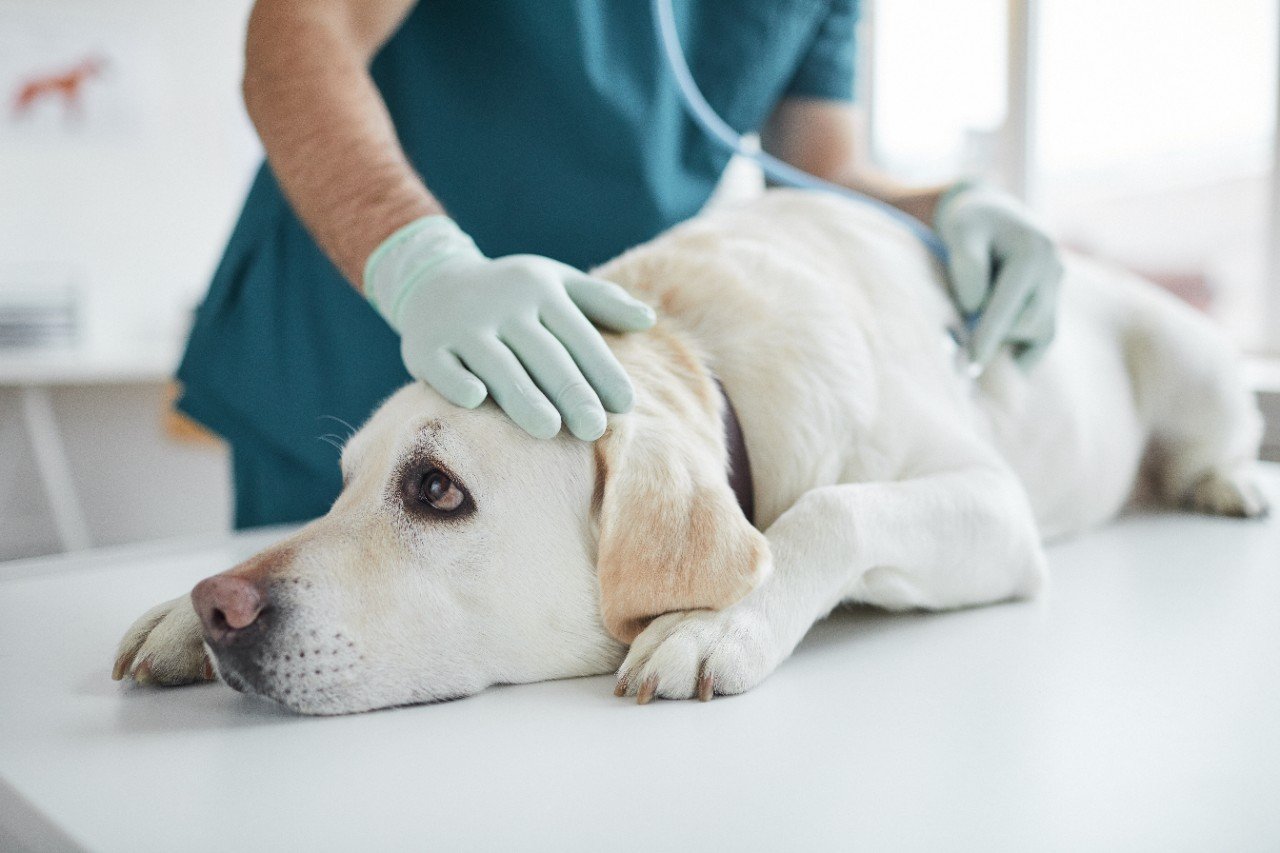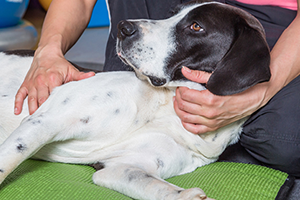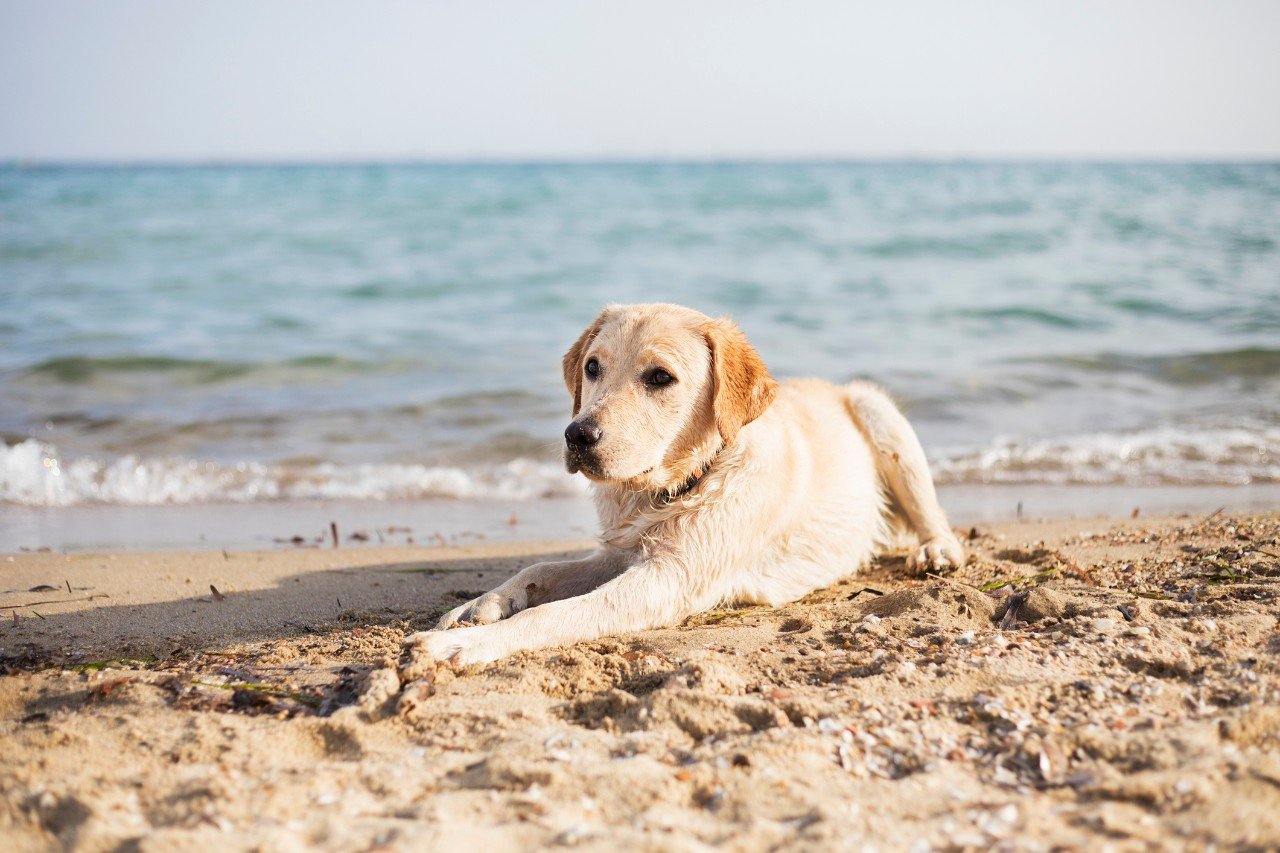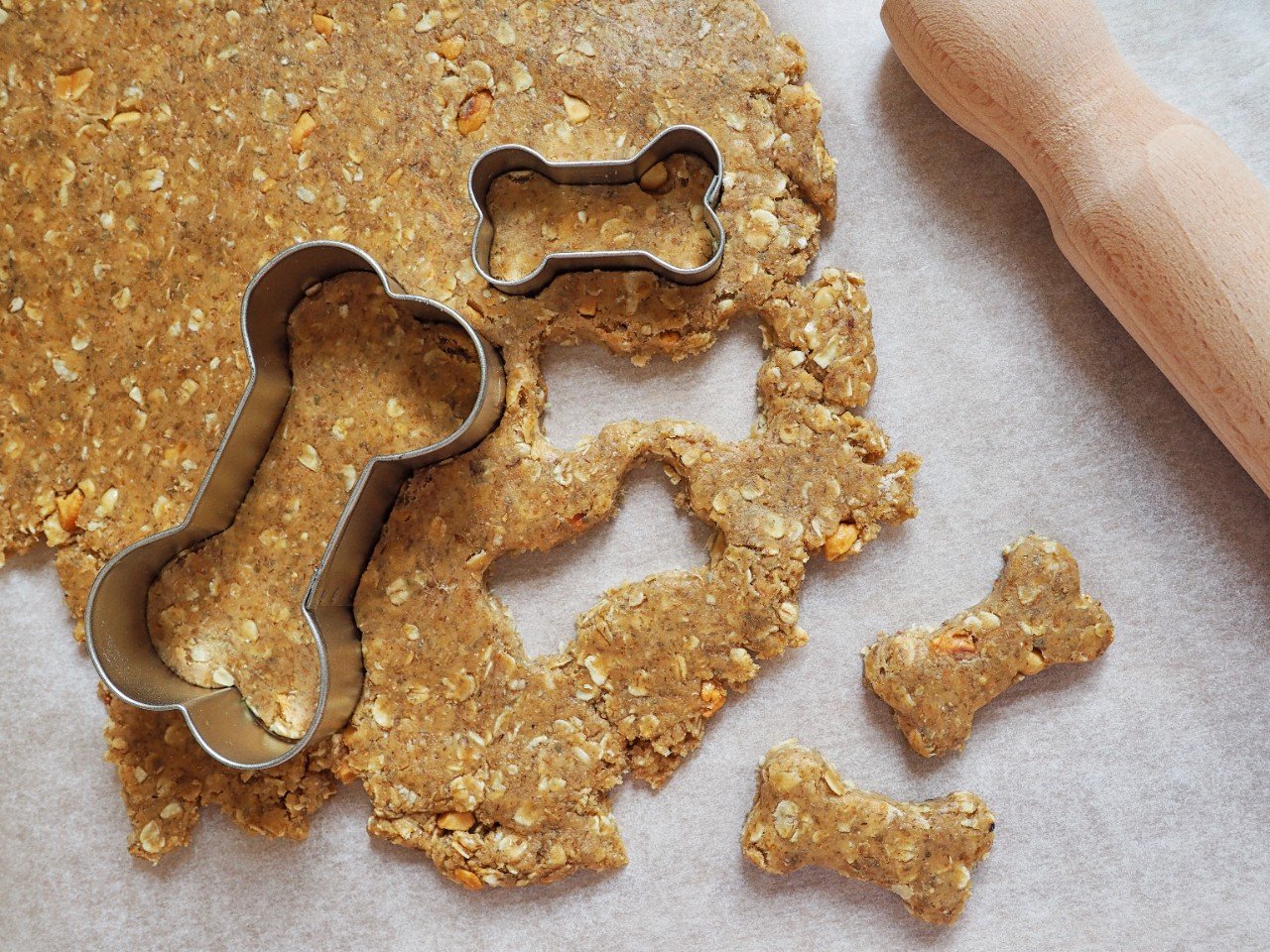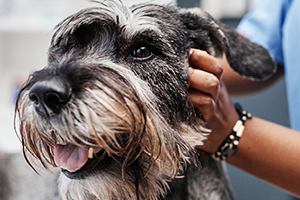Here’s why your dog farts and what you can do about it
Q: Why do dogs fart?
Q: What if a dog seems to fart especially often?
A: Excessive flatulence is usually linked to your dog’s diet. It isn’t necessarily caused by a problem with the quality of the ingredients he’s eating (although eating low-quality or rotten food could make it worse), but is most likely due to a food intolerance.
This happens when your dog’s body simply can’t cope with a certain ingredient, and so his intestinal tract can’t absorb and ‘package’ it quite as well as it should – creating large amounts of gas in the process. If this is the case, you’ll probably also notice that your dog has slightly sloppier poo. Speak to your vet as soon as possible if you suspect that your dog has a food intolerance. Often vets will recommend pinpointing the cause by a process of elimination, and you might have to remove, and then slowly reintroduce, some ingredients from your pet’s diet. There are also specially formulated foods that can help, and your vet will be able to advise on the benefits of these.
Q: Can excessive flatulence cause pain or discomfort?
Q: Could it point to anything more serious?
A: In most cases excessive wind is a sign of a dietary issue, but it can occasionally be a symptom of something more serious. If your dog is especially prone to flatulence, and food intolerances have been ruled out, there could be issues with his digestive system – such as an underlying gastrointestinal condition or an inflammatory bowel disease.
For this reason, it’s always worth consulting your vet if you’re worried. Be sure to report any other unusual behaviours or symptoms you’ve noticed, even if they don’t seem relevant. This really helps us to get a bigger picture and see how flatulence might be part of a larger medical issue. Petplan's Dog insurance can help you with this.
Q: Do you have any tips for easing everyday flatulence?
A: Each dog is different, so you’ll need to determine what works best for your pet through trial and error. If eating too quickly is at the root of his gassiness there are some ways you can slow him down to prevent him from swallowing air. One is to place a small bowl upside down, inside a larger food bowl, and arrange the food around it. The narrower space will ensure your dog has to slow down and take smaller bites. Or, if time isn’t an issue, try feeding small meals throughout the day, so that large amounts can’t be consumed all at once.
If diet is to blame, I’d suggest using a commercial diet that’s based on ‘light and white’ ingredients. For example, lighter forms of protein such as chicken and white carbohydrates like rice. Dogs tend to find these ingredients easier to tolerate than red meat and wheat- and corn-based foods. And cut down on the treats! They can easily upset your dog’s dietary balance.
Q: Could hypoallergenic foods or supplements help?
Petplan is a trading name of Pet Plan Limited (Registered in England No. 1282939) and Allianz Insurance plc (Registered in England No. 84638), Registered office: 57 Ladymead, Guildford, Surrey GU1 1DB.
Pet Plan Limited is authorised and regulated by the Financial Conduct Authority. Financial Services Register No. 311969. Allianz Insurance plc is authorised by the Prudential Regulation Authority and regulated by the Financial Conduct Authority and the Prudential Regulation Authority. Financial Services Register No. 121849. Pet Plan Limited is a subsidiary of Allianz Insurance plc.


